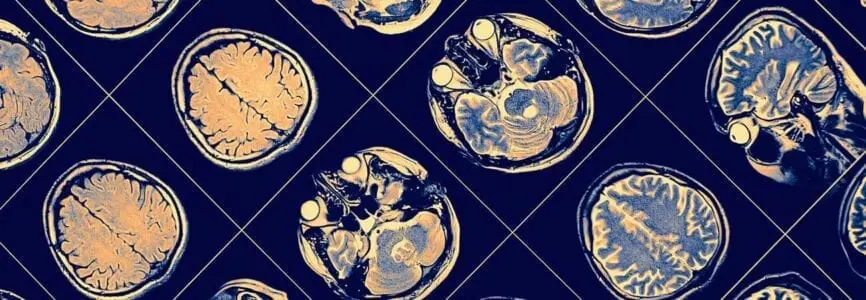What Does “Dead” Mean?
Marking the fifty-year legacy of a landmark Harvard report on brain death, a new special report published by The Hastings Center examines lingering questions about the definition of death, implications for organ transplantation, and lessons from the case of Jahi McMath.
Edited by Robert D. Truog, Nancy Berlinger, Rachel L. Zacharias, and Mildred Z. Solomon
Should death be defined in strictly biological terms — as the body’s failure to maintain integrated functioning of respiration, blood circulation, and neurological activity? Can death be declared on the basis of severe neurological injury even when biological functions remain intact? Or is it essentially a social construct that can be defined in different ways?
These are among the wide-ranging questions explored in a new special report, “Defining Death: Organ Transplantation and the Fifty-Year Legacy of the Harvard Report on Brain Death,” a supplement to the November-December 2018 issue of the Hastings Center Report. The special report is a collaboration between The Hastings Center and the Center for Bioethics at Harvard Medical School.
The special report, funded by the Boger Initiative for the Wise Use of Emerging Technologies at The Hastings Center, originated from presentations given at a 2018 conference at the Center for Bioethics at Harvard Medical School.
All essays in this special report are freely available online.
TABLE OF CONTENTS
INTRODUCTION
Brain Death at Fifty: Exploring Consensus, Controversy, and Contexts
Robert D. Truog, Nancy Berlinger, Rachel L. Zacharias, Mildred Z. Solomon
ESSAYS
Historical reflections on the evolution of a neurological definition of death
Would a Reasonable Person Now Accept the 1968 Harvard Brain Death Report? A Short History of Brain Death
Robert M. Veatch
A Path Not Taken: Beecher, Brain Death, and the Aims of Medicine
Gary Belkin
Beecher Dépassé: Fifty Years of Determining Death, Legally
Alexander M. Capron
Is brain death a coherent and justified concept for determining death?
A Conceptual Justification for Brain Death
James L. Bernat
Brain Death: A Conclusion in Search of a Justification/a>
D. Alan Shewmon
Donation after circulatory determination of death—are the donors dead?
Conceptual Issues in DCDD Donor Death Determination
James L. Bernat
DCDD Donors Are Not Dead/a>
Ari Joffe
Uncontrolled DCD: ethical conundrums
Uncontrolled DCD: When Should We Stop Trying to Save the Patient and Focus on Saving the Organs?
Iván Ortega‐Deballon David Rodríguez‐Arias
Is it time to abandon the dead donor rule?
A Defense of the Dead Donor Rule
David Magnus
The Dead Donor Rule as Policy Indoctrination
David Rodríguez‐Arias
The Public’s Right to Accurate and Transparent Information about Brain Death and Organ Transplantation
Michael Nair‐Collins
Defining death: law and public policy
Brain Death and the Law: Hard Cases and Legal Challenges
Thaddeus Pope
Rethinking Brain Death as a Legal Fiction: Is the Terminology the Problem?
Seema K. Shah
Respecting Choice in Definitions of Death
Lainie Friedman Ross
Imposing Death: Religious Witness on Brain Death
Courtney S. Campbell
Death: An Evolving, Normative Concept
Arthur Caplan
The future of organ transplantation
The Other Animal of Transplant’s Future
Lesley A. Sharp
Bodies in Transition: Ethics in Xenotransplantation Research
Sheila Jasanoff
Consensus and controversy fifty years after the Harvard report: The case of Jahi McMath
Lessons from the Case of Jahi McMath
Robert D. Truog
The Case of Jahi McMath: A Neurologist’s View
D. Alan Shewmon
Revisiting Death: Implicit Bias and the Case of Jahi McMath
Michele Goodwin

